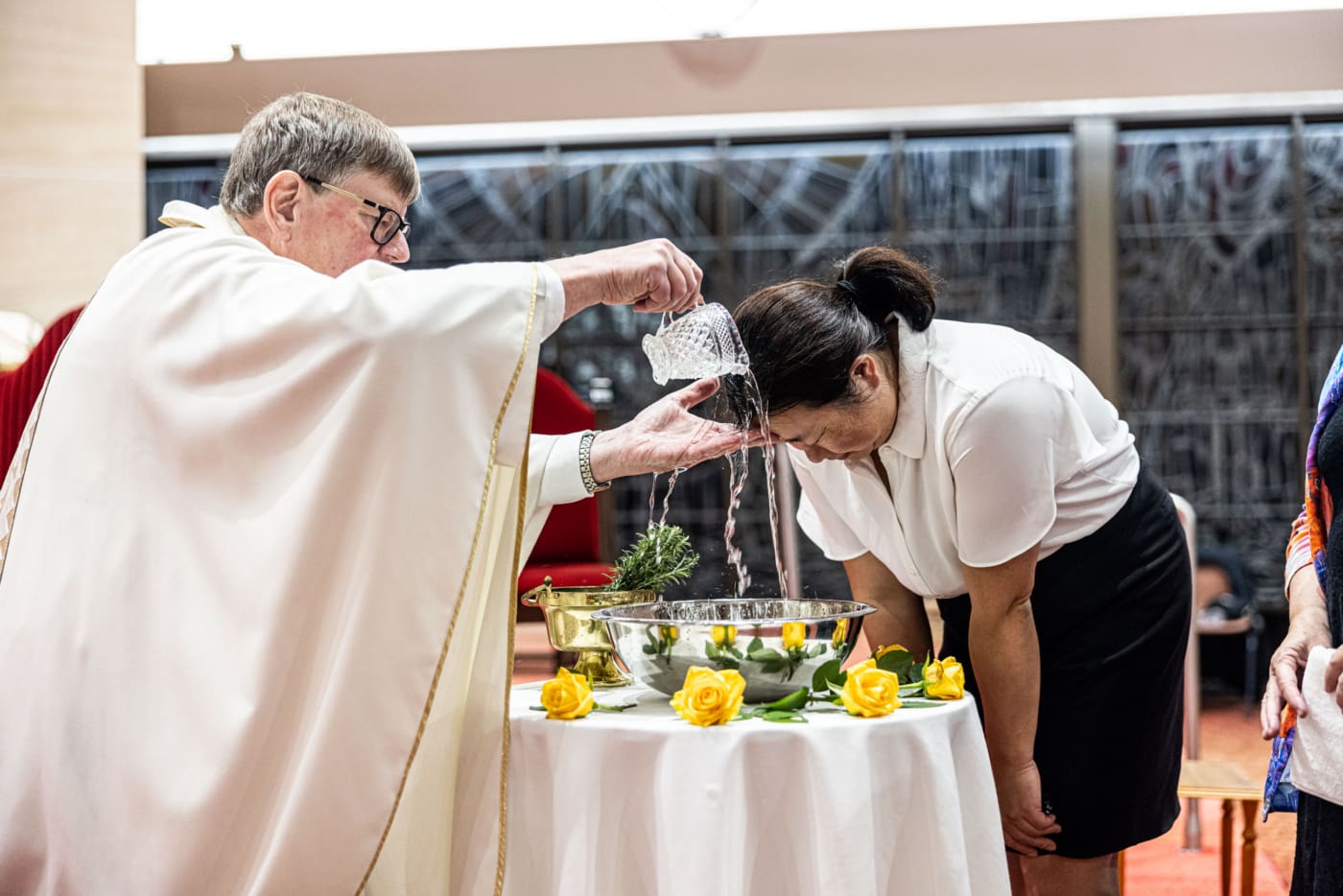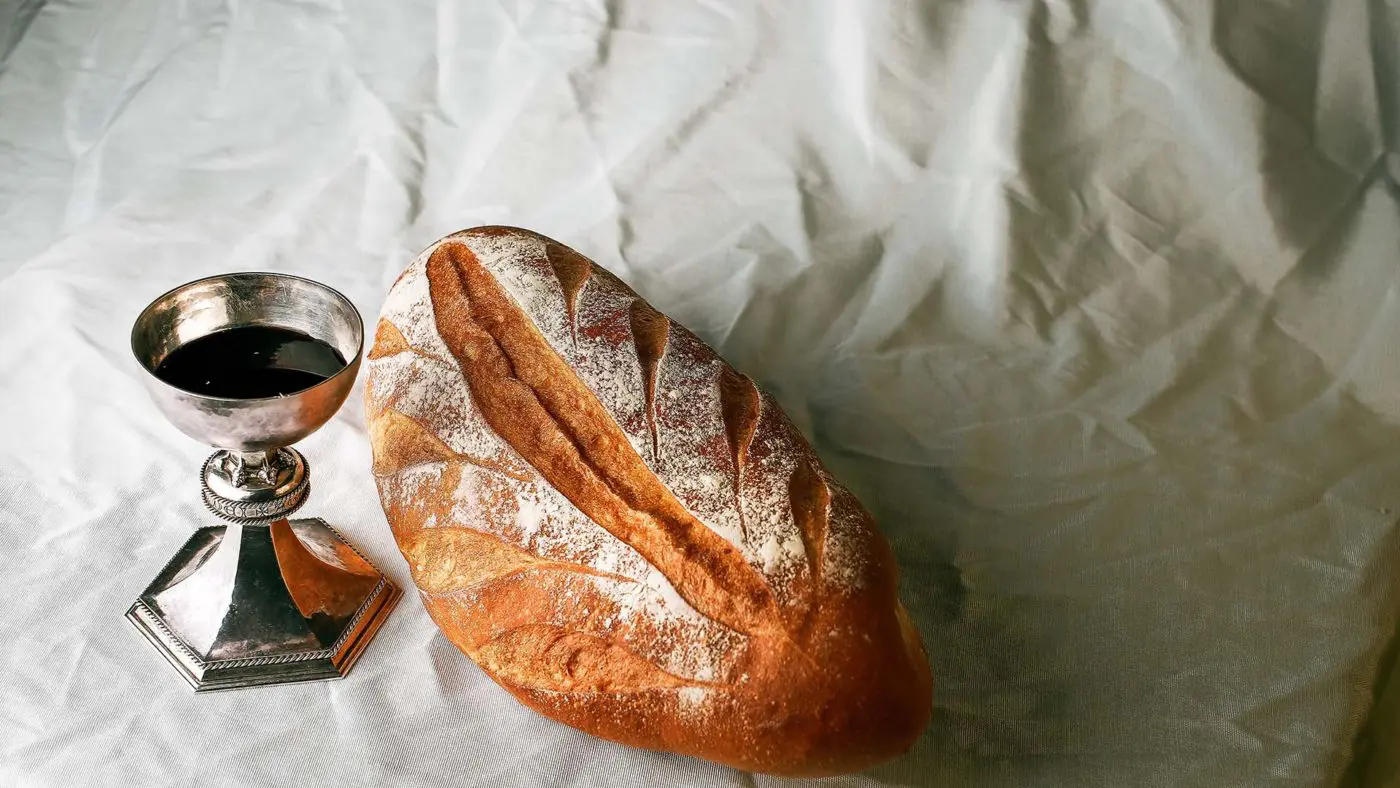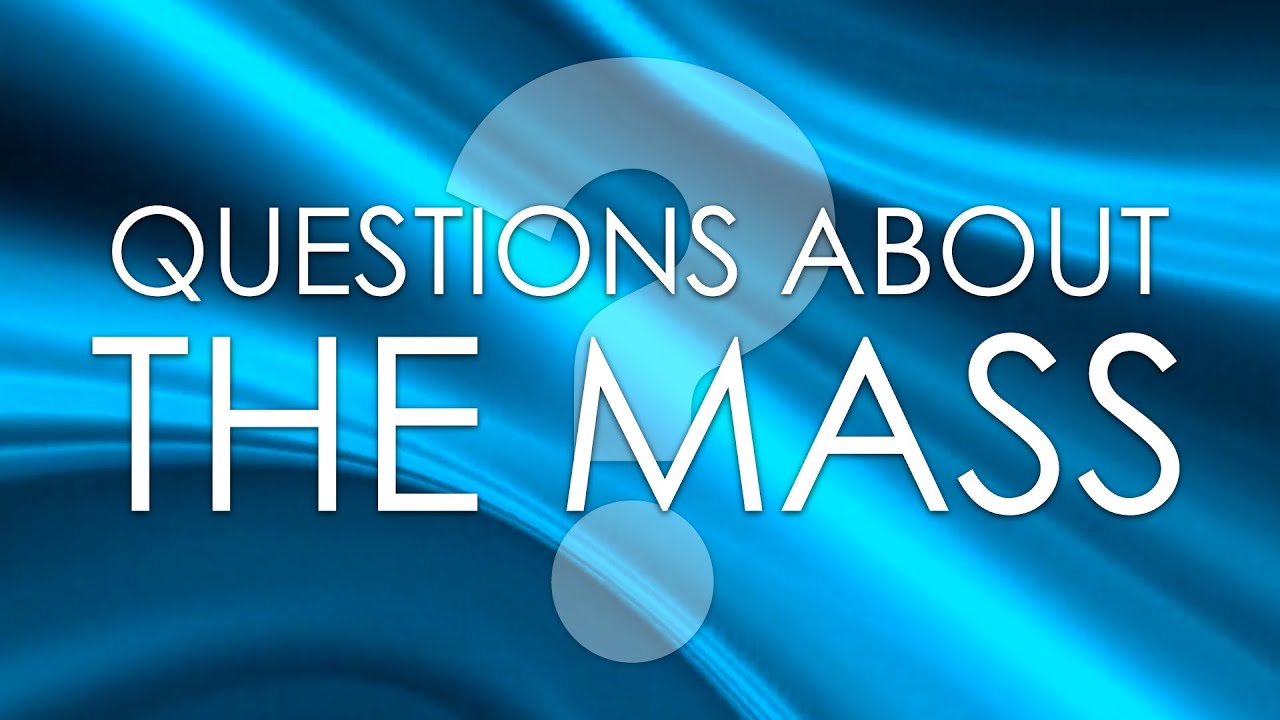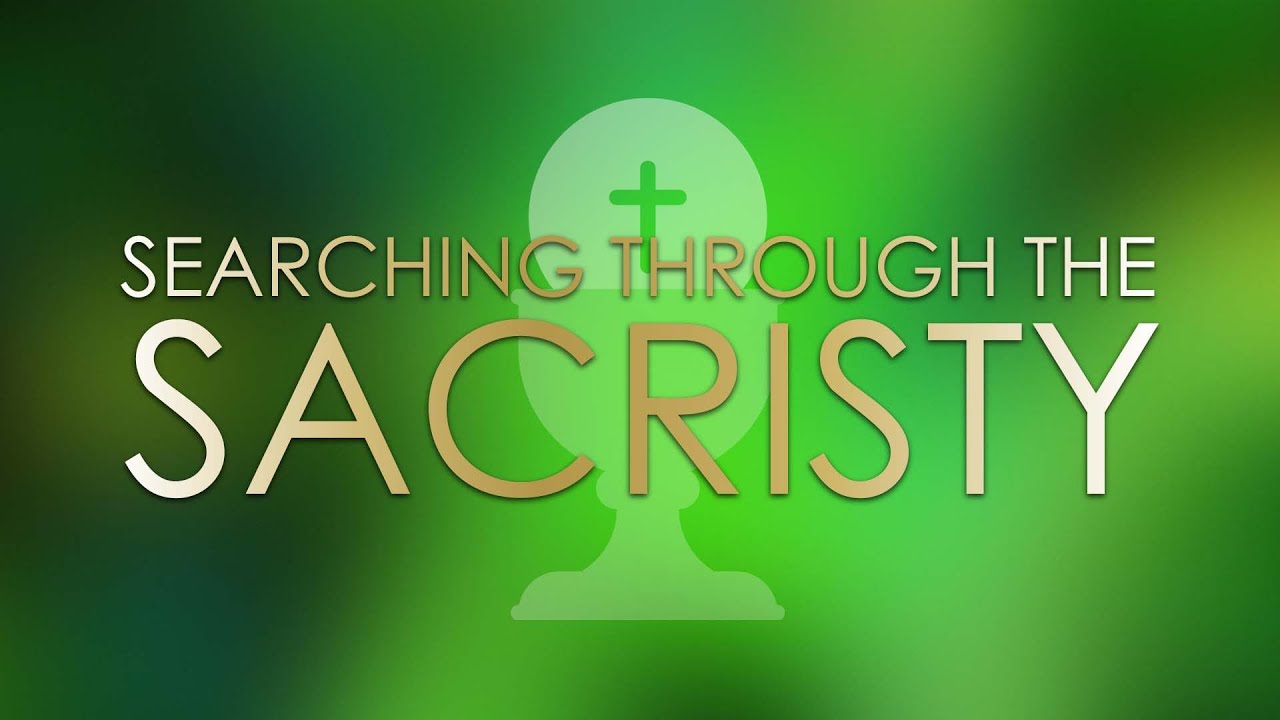The Catholic Church welcomes people of all ages, backgrounds, and walks of life – anyone who has a desire to learn about and enter into a life of faith in Jesus Christ can become a Catholic. The process of becoming a Catholic is a journey of faith and conversion. It is a time to learn about the teachings of the Church, to grow in one’s relationship with God, and to make a commitment to live a Christian life.
Adults who are interested in becoming Catholic can enroll in the Rite of Christian Initiation for Adults (RCIA) program through a local parish. The RCIA program provides participants with a comprehensive understanding of the Catholic faith, including its teachings, history, and traditions and culminates in the individual receiving the sacraments of Baptism, Eucharist and Confirmation.
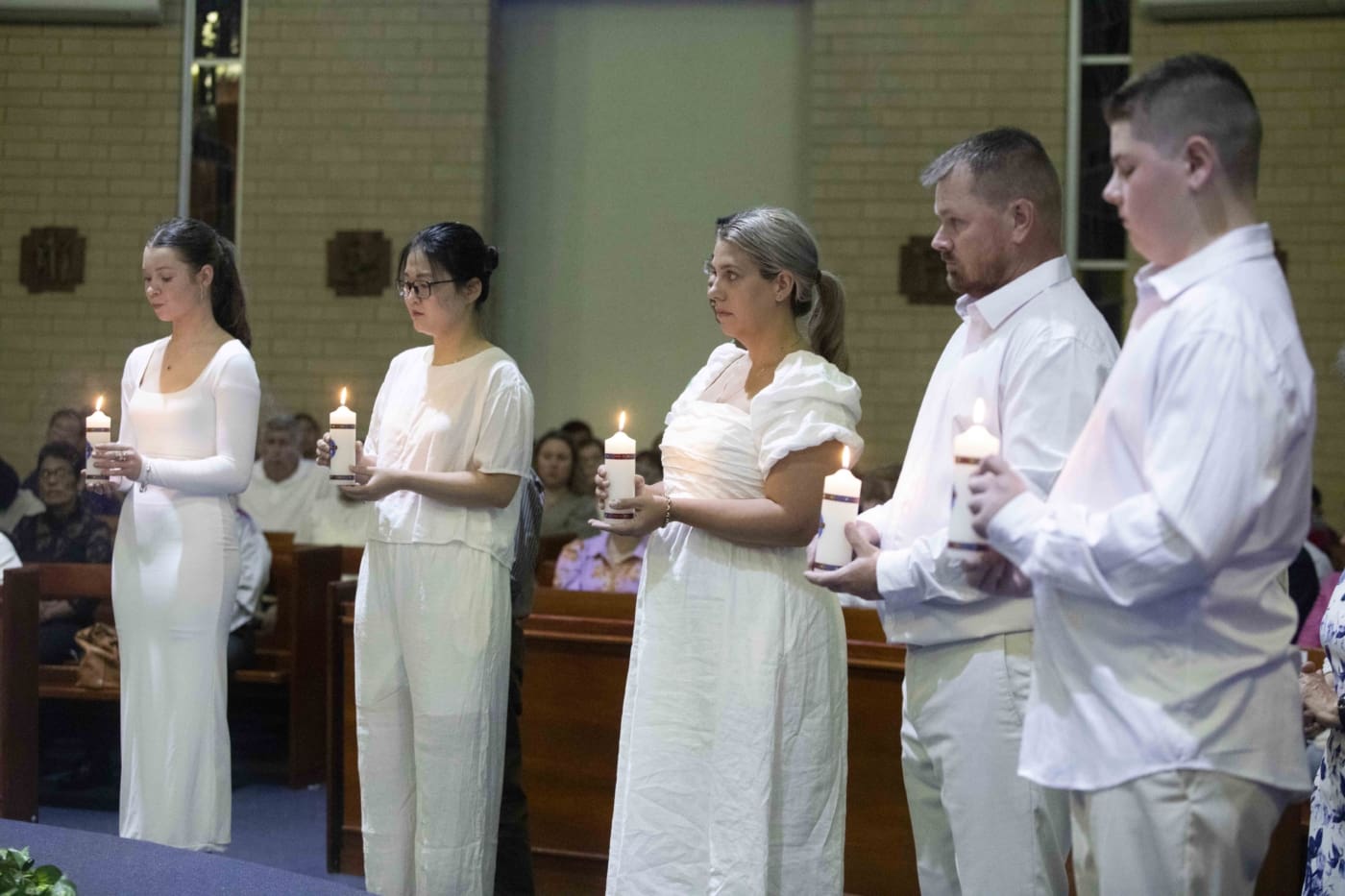
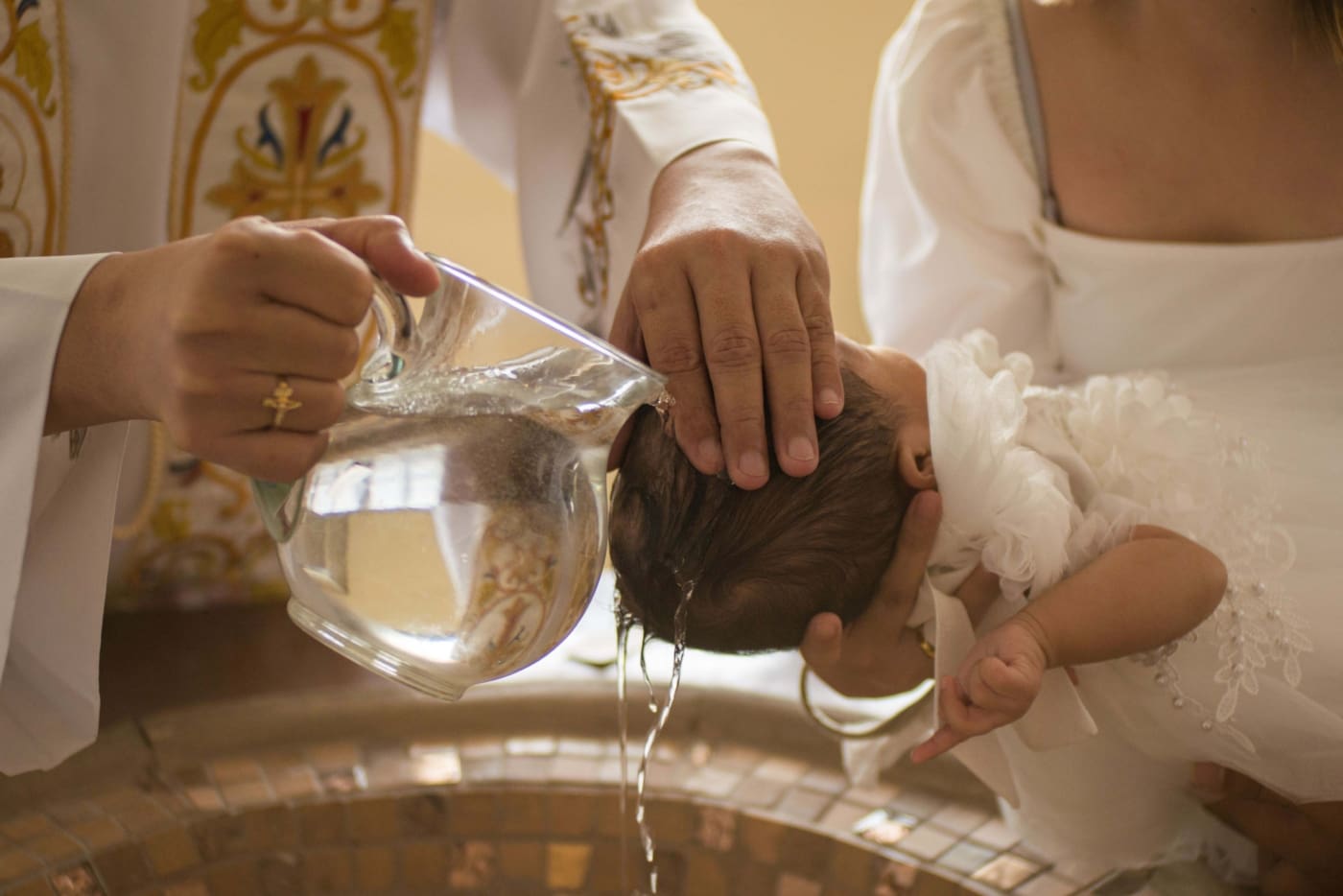
Children who are raised in Catholic families typically receive the Sacrament of Baptism as infants. However, children who are not baptised as infants can also become Catholic through a Rite of Christian Initiation of Adults (RCIA) program that has been tailored to their age and level of understanding.
Christians who have been baptised in other Christian denominations can also become Catholic. The process for these individuals typically involves a profession of faith and reception of the sacraments of Confirmation and Eucharist.
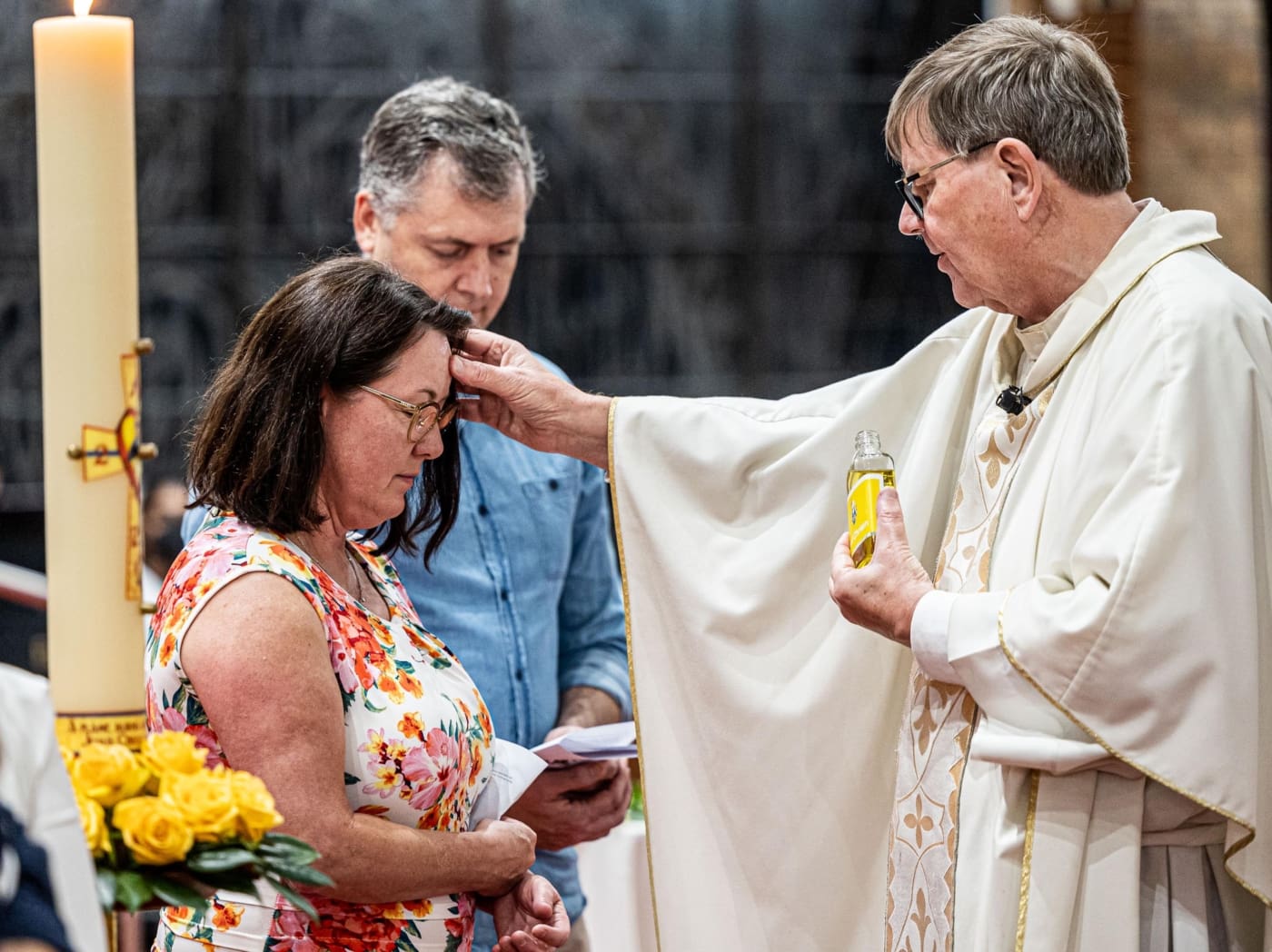
Here are some of the basic steps involved in becoming a Catholic:
Contact a local Catholic parish: Express your interest in becoming a Catholic. The parish will then connect you with an RCIA coordinator who can guide you through the process.
Attend RCIA classes: RCIA classes are typically held once a week and cover a wide range of topics about the Catholic faith, including the Bible, Church history, liturgy, and sacraments.
Participate in retreats and activities: In addition to classes, RCIA participants are also encouraged to participate in retreats, prayer services, and other activities that help them to deepen their faith and experience the Catholic community.
Receive the sacraments: After completing the RCIA program, participants are ready to receive the sacraments of Baptism, Eucharist and Confirmation. These sacraments are typically celebrated at an Easter Vigil or Pentecost Sunday Mass.
Continue to grow in faith: Becoming a Catholic is not an end point but a beginning. It is a lifelong journey of faith and growth. Catholics are encouraged to continue to learn about their faith, to participate in the sacraments, and to live a life that is consistent with their Catholic beliefs.

